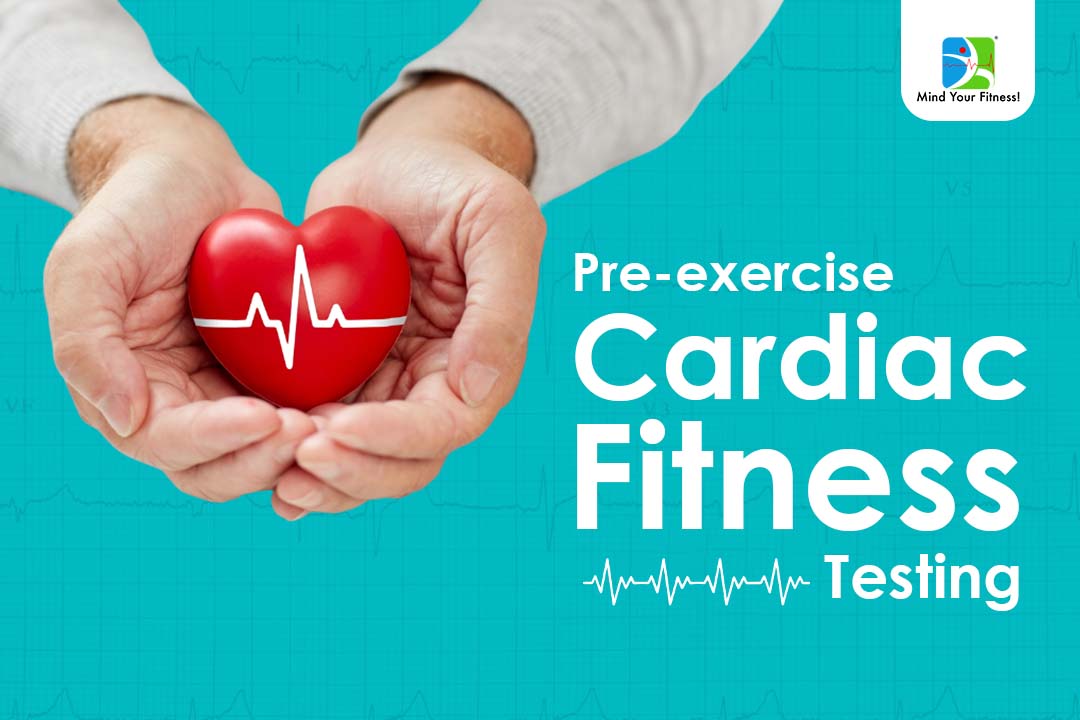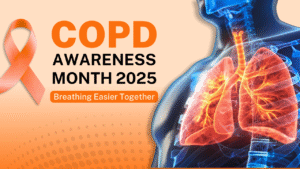The robust association of endurance running with improved quality of life and longevity underscores the importance of putting risks into perspective with other well-established health benefits of regular vigorous exercise.
Vigorous exercise is associated with a transient increase in risk of sudden cardiac deaths (SCD). SCD associated with marathon running are becoming common.
For young athletes (12 to 35 years) participating in competitive sports, the total relative risk of SCD is approximately 2.5 times higher than in non-athletes.
The purpose of screening, is to provide medical clearance for participation in competitive sports through routine and systematic evaluations intended to identify clinically relevant and preexisting cardiovascular abnormalities and thereby reduce the risks associated with organised sports.
Criteria for testing:
(1) Pre-participation stress test for men aged >40 years and women aged >50 years who also have one of the following conditions: hypercholesterolemia, systemic hypertension, current or recent cigarette smoking, diabetes mellitus, or history of myocardial infarction or sudden cardiac death in a first-degree relative aged <60 years,
(2) Pre-participation stress testing for all athletes aged 65 years and above,
(3) Pre-participation electrocardiogram (ECG) for all athletes male and female aged >40 years,
(4) It is recommended that cardiac patients undergo a thorough evaluation by their cardiologist along with a Stress Echocardiography (Stress Echo) before participation in long duration running or equivalent high impact activity.
These are my recommendations:
| Category | Age group | Goal: General Fitness | Goal: Marathon |
| High risk (with cardiac history/family history/other medical conditions like hypertension/diabetes) | 20-30 | ECG | ECG |
| 30-50 | ECG | ECG + 2D Echo ( stress echo if recent ECG changes seen ) | |
| 50-70 | ECG + 2D Echo | ECG + Stress Echo | |
| Low risk (no known cardiac history/family history/medical conditions/conditioned athlete) | 20-30 | No testing required | ECG |
| 30-50 | ECG | 2D Echo | |
| 50-70 if applicable | 2D Echo | Stress Echo |
Implementation of the screening approaches described here can aid in identification of high-risk athletes who can then be referred to effective risk-reduction programs, which ultimately will enhance the safety of sports participation.
Further, every athlete must check with their treating physician or a cardiologist for an individualised screening panel.
~Anuja Jathar (Cardiac Rehab Physiotherapist)
Reference:
1. Application of pre-participation cardiovascular screening guidelines to novice older runners and endurance athletes (Access).
2. Cardiac risks associated with marathon running (Access).





